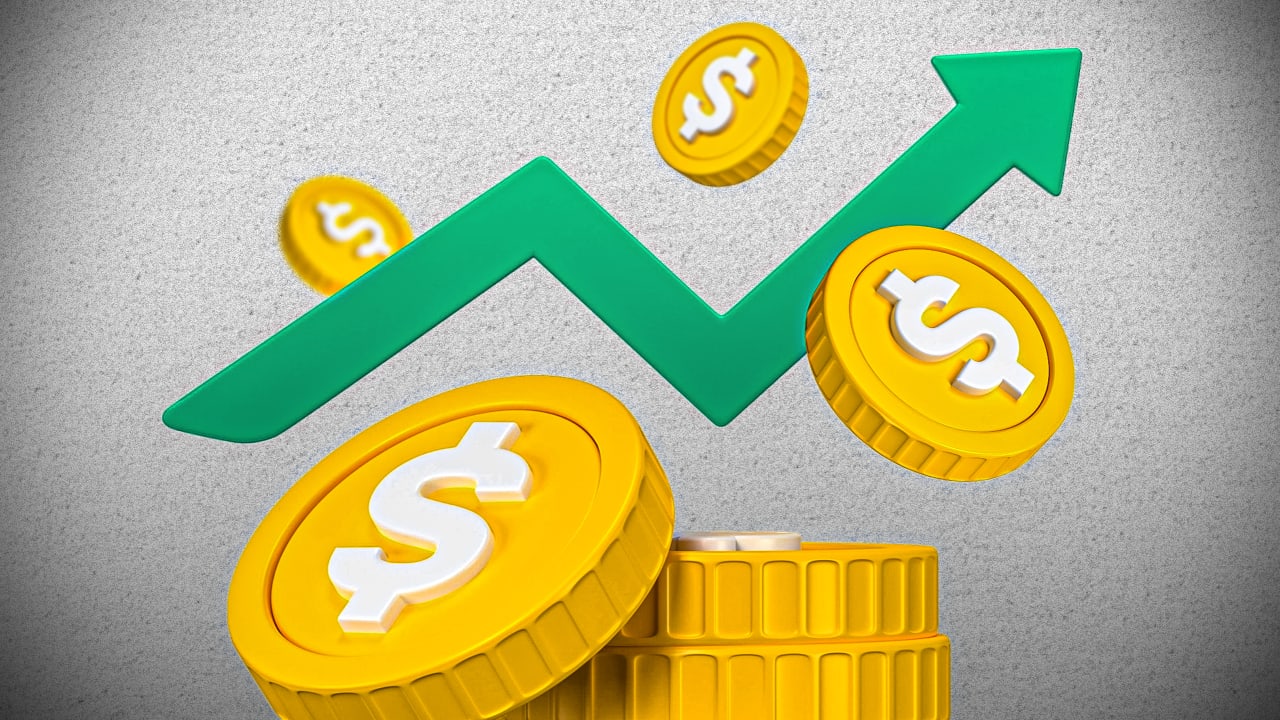The stock market ends 2023 on a surprisingly high note
Though the U.S. stock market lost a little bit of steam today, the year’s last day of trading was nevertheless a surprisingly good one for equities—and one that no one seemed to see coming. At the beginning of 2023, many experts believed we might be ending the year in a recession along with rising unemployment. Instead, the country has ended the year on a relatively positive economic note with a surging stock market geared up for a strong start to 2024. The U.S. economy is currently growing in terms of GDP at a robust rate (5.2% in the third quarter), and the job market remains strong. The benchmark S&P 500 hovered close to its all-time high this week, buoyed by investor expectations that the Federal Reserve will cut interest rates early next year. The Dow Jones hit a record high on Thursday. The Nasdaq also rose by 43% this year, thanks to the rise of AI as well as a surge in mega-cap stocks led by a group of tech companies—Google, Meta, Apple, Amazon, Microsoft, Tesla, and Nvidia—dubbed the Magnificent Seven. All 3 stock indexes are up The broad index fell 0.28% Friday to settle at 4,769.83, but that was still good enough to notch a 24.2% gain for the year. The Dow Jones Industrial Average lost 20.56 points, or 0.05%, to close at 37,689.54. It finished the year with a 13.7% gain, setting a new record. The Nasdaq Composite edged down 0.56% to 15,011.35 for the session, but rose 43.4% for its best year since 2020. The stock market has seen significant upward momentum over the past few months, setting all three major indexes up for not only monthly, but also quarterly and annual gains. The gains cap off a year of economic uncertainty, constantly revised forecasts, and widespread pessimism. Did the Fed nail a soft landing? Most of the market’s gains have been in the final months of the year, as investors have grown optimistic about a so-called soft landing, whereby inflation cools yet the U.S. economy remains resilient and avoids a recession. Federal Reserve Chairman Jerome Powell signaled in early December that there would likely be no more rate hikes. “Momentum continues to remain favorable heading into year end,” Mona Mahajan, senior investment strategist at Edward Jones told CNBC. “It’s been quite a phenomenal run.” Today’s sell-offs are likely motivated by last-minute portfolio changes and rebalancing rather than any other significant marker. Some investors might also be attempting to get ahead of selling, which is expected to happen at the beginning of 2024. All U.S. markets will be closed on Monday, January 1.

Though the U.S. stock market lost a little bit of steam today, the year’s last day of trading was nevertheless a surprisingly good one for equities—and one that no one seemed to see coming.
At the beginning of 2023, many experts believed we might be ending the year in a recession along with rising unemployment. Instead, the country has ended the year on a relatively positive economic note with a surging stock market geared up for a strong start to 2024. The U.S. economy is currently growing in terms of GDP at a robust rate (5.2% in the third quarter), and the job market remains strong.
The benchmark S&P 500 hovered close to its all-time high this week, buoyed by investor expectations that the Federal Reserve will cut interest rates early next year. The Dow Jones hit a record high on Thursday. The Nasdaq also rose by 43% this year, thanks to the rise of AI as well as a surge in mega-cap stocks led by a group of tech companies—Google, Meta, Apple, Amazon, Microsoft, Tesla, and Nvidia—dubbed the Magnificent Seven.
All 3 stock indexes are up
The broad index fell 0.28% Friday to settle at 4,769.83, but that was still good enough to notch a 24.2% gain for the year. The Dow Jones Industrial Average lost 20.56 points, or 0.05%, to close at 37,689.54. It finished the year with a 13.7% gain, setting a new record. The Nasdaq Composite edged down 0.56% to 15,011.35 for the session, but rose 43.4% for its best year since 2020.
The stock market has seen significant upward momentum over the past few months, setting all three major indexes up for not only monthly, but also quarterly and annual gains. The gains cap off a year of economic uncertainty, constantly revised forecasts, and widespread pessimism.
Did the Fed nail a soft landing?
Most of the market’s gains have been in the final months of the year, as investors have grown optimistic about a so-called soft landing, whereby inflation cools yet the U.S. economy remains resilient and avoids a recession. Federal Reserve Chairman Jerome Powell signaled in early December that there would likely be no more rate hikes.
“Momentum continues to remain favorable heading into year end,” Mona Mahajan, senior investment strategist at Edward Jones told CNBC. “It’s been quite a phenomenal run.”
Today’s sell-offs are likely motivated by last-minute portfolio changes and rebalancing rather than any other significant marker. Some investors might also be attempting to get ahead of selling, which is expected to happen at the beginning of 2024.
All U.S. markets will be closed on Monday, January 1.






















